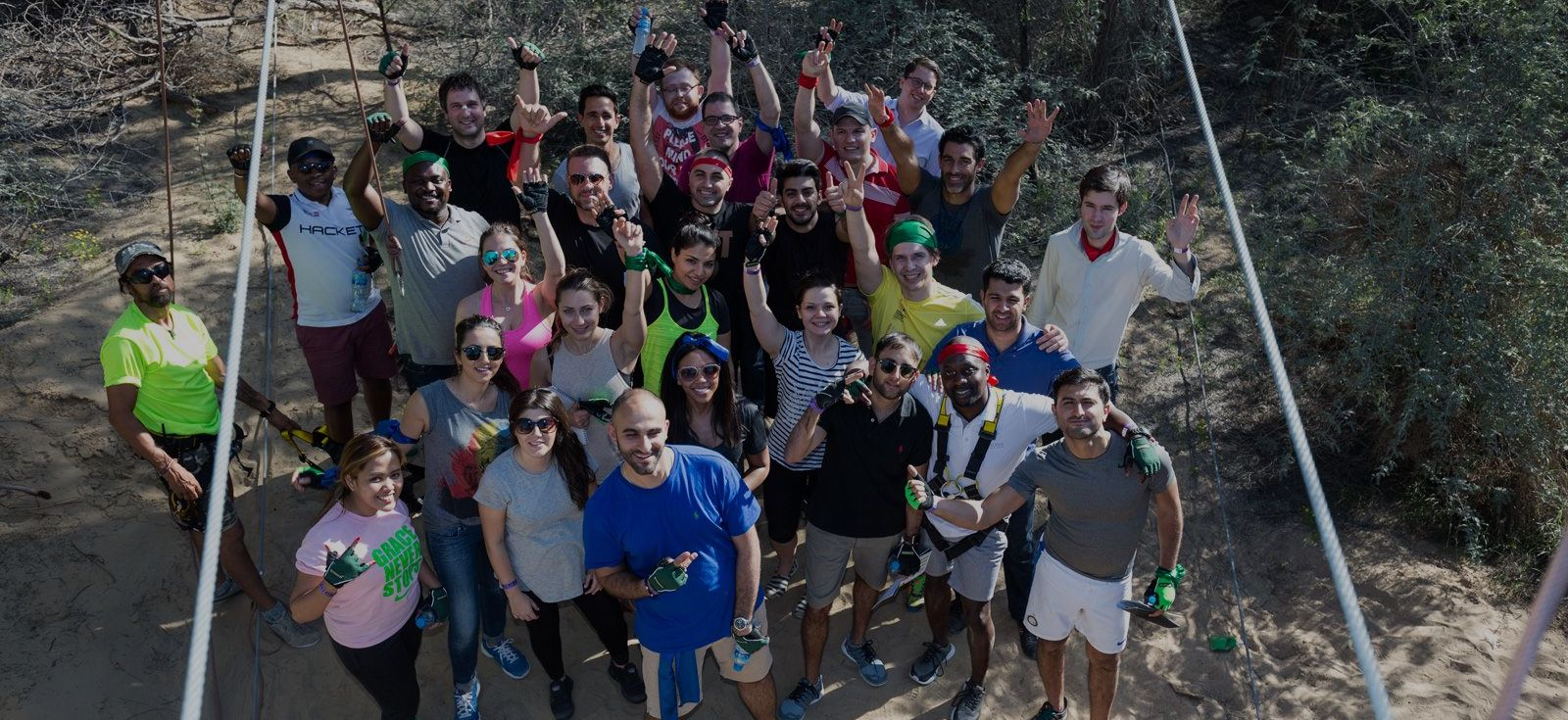Engaging communities in urban development is important for creating spaces that truly meet the needs of the people who live and work there. By involving local residents, businesses, and organizations early in the planning process, urban developers can ensure that their projects are both sustainable and well-received.
Community engagement can also nurture a sense of ownership and pride in the final outcome. When done effectively, it can lead to more inclusive, vibrant, and harmonious urban environments. The process is now improved with tools like unlimited urban development solutions, which help streamline participation and collaboration. Below are the key steps to engage communities in urban planning in Dubai.
Understand the community’s needs and concerns:
The first step in engaging the community is to fully understand their needs, concerns, and aspirations. Begin by conducting surveys, interviews, and public consultations with residents and local organizations. This information will provide valuable insights into what the community values and what improvements they believe are necessary in their area. It is important to ensure that a broad cross-section of the community is represented, including different age groups, ethnic backgrounds, and socio-economic statuses, to capture a full spectrum of opinions.
Create a collaborative planning process:
Once you have a better understanding of the community’s needs, develop a collaborative planning process. This means involving community members in the decision-making stages of the project. Regular meetings, workshops, and interactive events can help gather input and allow participants to contribute ideas. By making the planning process transparent and inclusive, residents will feel more invested in the success of the project. Incorporating their feedback helps refine the design and also ensures the final development is in line with what the community envisions.
Utilize digital tools for broader engagement:
Today, online platforms and social media are powerful tools for engaging a wider audience. Hosting virtual town halls, surveys, or online forums can provide an opportunity for those who may not be able to attend in-person meetings to participate. Digital tools also allow for ongoing dialogue, ensuring that engagement doesn’t stop once the initial consultations are completed. These platforms make it easier to share information, gather input, and keep the community updated on project progress.
Establish clear communication channels:
Clear and open communication is key to maintaining trust and engagement throughout the urban development process. Establish reliable channels of communication where community members can ask questions, express concerns, and stay informed about the project. This could include dedicated project websites, newsletters, or regular community meetings. It’s essential to listen actively to the community’s feedback and be transparent about how their input is being used.




